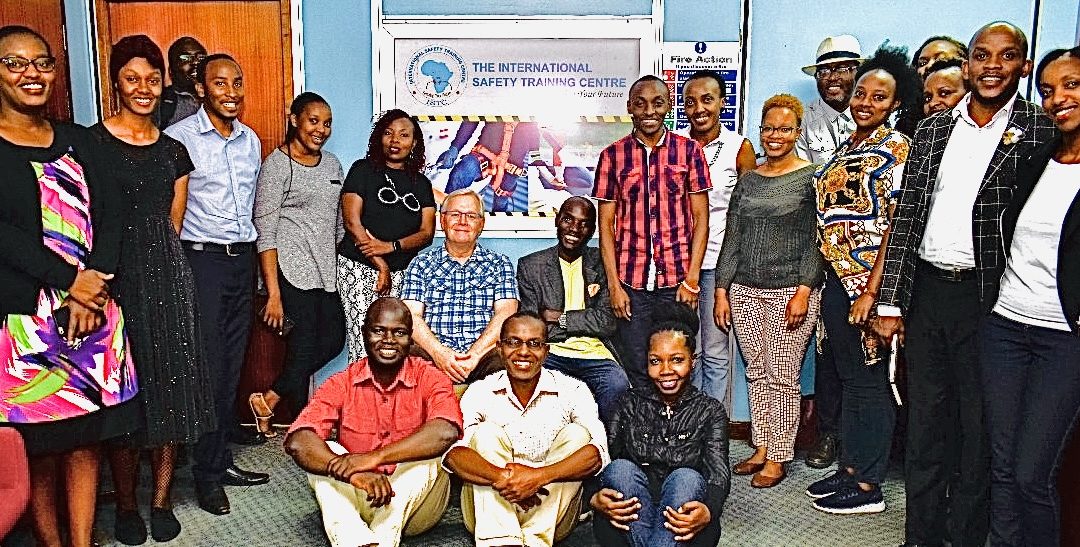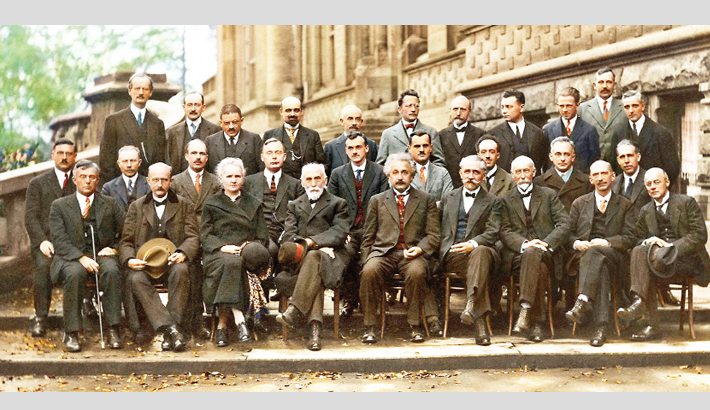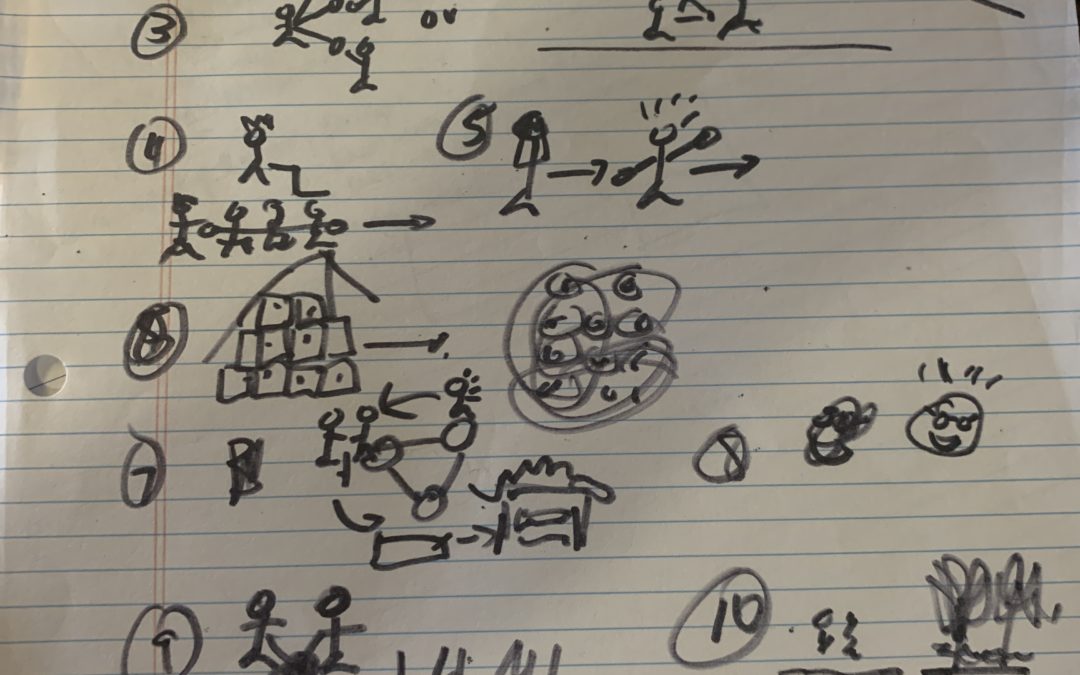
by Dr. Ed Brenegar | Jan 17, 2022 | Book, Centralized Institutions, Circle of Impact, Community, Decentralized Networks, Impact, Problem solving, Structure, Transition, Two Global Forces, Uncategorized
The future of leadership is not its past. Complexity and dynamism are forcing our world to change. Many organizations and nations will not survive.
Two of my African colleagues have commented to me recently about their optimism for the future of their continent. One told me that 70% of Africa is now under 30 years of age. The other said that by the year 2050, there will be one billion people in Africa under the age of 25.
As I try to make sense of what these numbers mean for the future of Africa and the world, I realized that it points to a dramatic change in how we develop and deploy leaders. Not only how we develop them, but the kind of organizations that they will be willing to work in. This is a discussion that we need to have.

by Dr. Ed Brenegar | Jan 9, 2022 | Circle of Impact, Community, Impact, Transition, Uncategorized
I have been fascinated with people who start things. It is embedded in my definition of leadership.
“All leadership begins with personal initiative …’
However, to start something is to recognize that there is a reason for doing so. Some things we start are experimental projects to see what works. Others are business ideas that we think will gather loyal customers. Then there are those people who love to solve problems.
…
To solve a problem is to respond to a creative drive that resides in each of us. Starting something new is the same impetus. We make a decision to resolve a question that we have in our mind.

by Dr. Ed Brenegar | Jan 2, 2022 | Circle of Impact, Impact, Relationships, Structure, Transition
Entering a new year only means that we have a reference point for change. If you want more of what you had in 2021, keep doing the same things. If you don’t, then change. You can do it at any time. You don’t have to do it in January. I have found that most of the major changes in my life happened between May and November. See? When we decided to do things differently, it doesn’t really matter. Making the change is what matters.
Here are three observations and responses that can help you make 2022 a better year than you have had a decade. Does that sound too optimistic? Then read on because you are trapped in a mindset that is holding you back from leading your organization.

by Dr. Ed Brenegar | Nov 25, 2021 | Book, Circle of Impact, Impact, Relationships, Transition, Uncategorized
Have you ever prepared to cross a street, and there at the curb is a big, deep puddle? You don’t want to step in it. So, you look for a way around, or you try to decide if you can jump across it. I believe this is where many of us are right now. We are stuck trying to figure out a way around the complexity of a global coronavirus pandemic, the swings of political ideology upon our lives, and what the future holds for you, your family, your business, the organizations you contribute to, and your community as your home.
Four years ago as I was preparing to publish Circle of Impact: Taking Personal Initiative To Ignite Change, I put together a set of five guiding principles that I felt were a simple summary of the book. Over the past several months, I realized that the time for a refresh of the principles was needed. Several new things had begun, and I needed to reflect it a revised Guiding Principles of the Circle of Impact.
CIRCLE OF IMPACT FIVE GUIDING PRINCIPLES
1. ALL Leadership Begins with Personal Initiative to Create Impact.
2. We are ALL in Transition. Every one of us. ALL the time.
3. Impact is the Change that Makes a Difference that Matters.
4. Impact Expands through Networks of Relationships.
5. Start Small. Act Locally. Share Globally. Take the Long View.

by Dr. Ed Brenegar | Nov 3, 2021 | Book, Circle of Impact, Ideas, Impact, Transition
Two of Ai Wei Wei’s sayings I treasure because they so resonate deeply with my beliefs about leadership.
“Your own acts tell the world who you are and what kind of society you think it should be.”
“I call on people to be ‘obsessed citizens,’ forever questioning and asking for accountability. That’s the only chance we have today of a healthy and happy life.”
This is the spirit of personal responsibility that points to my conviction that “all leadership begins with personal initiative to create impact that makes a difference that matters.” This responsibility is not something imposed upon us. It is not an obligation or a requirement. Rather, it is the expression of our individual humanity.
Ai Wei Wei suggests that there is a transition in our understanding of leadership taking place. It is from a person being in authority to an expression of our individual humanity. This is why accountability is so essential to a healthy life for a society.
“I see myself not as a leader but as somebody who initiates things or finds the problem or provokes a discussion. You have to be always ready to engage, willing to participate. When events or history happen, you just have to be aware and respond.”

by Dr. Ed Brenegar | Oct 22, 2021 | Book, Circle of Impact, Ideas
I’m doodling. This picture is of my first thoughts about the drawings that will accompany each chapter of my Circle of Impact Africa book.







